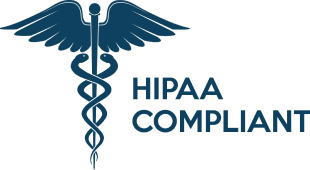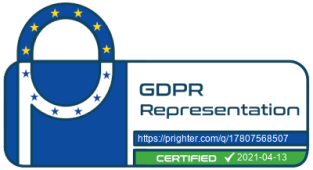From travel checkpoints to at-home screening, smartphone-based digital health tools could play a role in limiting outbreaks, writes Binah.ai CEO David Maman.
David Maman is CEO and founder of Binah.ai, a company that developed a video-based vital signs monitoring application for smartphones using artificial intelligence technology.
To date, more than 2,400 deaths and 78,000 cases worldwide have been confirmed as a result of the coronavirus. Officially named COVID-19, the mortality and incidence of the disease are still rising, and these numbers will be even greater by the time you read this article.
In an age where data, technology and connectivity are more advanced than ever before, each and every one of us bears personal responsibility for preventing the reach of a known epidemic. We live in a time where technology is at our fingertips and can be leveraged to potentially prevent public health emergencies, enabling all of us to share in and lighten the burden.
While we are still learning about COVID-19, the initial panic has forced thousands of people to flock to hospitals and primary care centers to be diagnosed. Packed waiting rooms, narrow or tight public transport routes, and poor hygiene can only exacerbate the problem, leading to the quick spread of COVID-19 or other illnesses. And while medical facilities are often known as high-risk locations for this very reason, there is also concern around high-foot traffic areas and public spaces including airports, schools and shopping centers. It is our obligation to tap into all tools available to protect ourselves and each other, minimizing the impact of this and all future epidemics as much as possible.
One of the strongest weapons we have to fight the spread of an outbreak is one we carry around every day — our smartphones. Because health apps on our phones are increasingly leveraging the power of AI and machine learning to provide accurate, real-time insight into a wide range of health measurements, we have the opportunity to unleash remote healthcare solutions like never before.
Patients who are feeling ill can schedule an appointment with a doctor through video, allowing them to remain at home while they may be contagious, instead of interacting with other patients and medical staff at a local facility. These virtual visits can be coupled with apps that can provide physicians with medical-grade data, such as temperature, blood pressure, heart rate, oxygen levels, heart rate variability and even stress levels, so that the patient is not short-changed from their diagnosis when choosing to remain at home [Disclosure: these features are included in Binah.ai’s BVue product]. This is especially relevant for any viruses such as COVID-19, which are easily contracted by close personal contact, breathing the same air or touching the same objects.
While the first step is to encourage the adoption of self-testing symptoms at home, we have to think even bigger and longer term. Imagine a completely noninvasive, zero-touch, one-minute scan upon arrival from a new country into any airport, where digital technology can scan for specific markers of a current epidemic. Many airports in the U.S. are already conducting biometric scans for security purposes, using fingertip scanners and facial recognition tools. Digital healthcare technology could be used in a similar way.
Implementing health scans at airports will allow any suspect markers or vitals to be flagged immediately, allowing the person to receive the necessary treatment sooner, increasing their chances of a full recovery, while also limiting the spread of the disease unknowingly in a crowded space. Think of these measures like metal detectors, making sure that the concealed weapon you are carrying is not a dangerous virus that could harm others. Not only will this enable us to reduce the impact of an outbreak, but it can also minimize the need for some of the drastic tactics that we are using today, such as grounding airplanes in fear of potential COVID-19 cases onboard, which has ramifications for the health of the global economy, among other concerns.
History shows us that epidemics will continue to evolve, and are unfortunately spreading faster and further in today’s world due to mass travel. This means not only putting prevention in our own hands but into the hands of organizations like the World Health Organization (WHO). Providing WHO access to anonymous health scans in the future could grant real-time tracking of global areas that are affected by an epidemic. This could then offer the opportunity to better manage the spread of these diseases faster and therefore save many more lives.
Digital transformation is changing every industry under the sun, and healthcare is no exception. As we move deeper into the digital technology era, we are met with a solution for not only minimizing illness but also public panic and economic crises that inevitably accompany a health epidemic. Implemented correctly, this technology could alleviate global fears, put data behind business decision making and, most importantly, save thousands of lives.
Published: February 24, 2010 https://www.mobihealthnews.com/news/coronavirus-prevention-may-be-your-pocket

 close
close




